For a long time I have been wanting to read more American fiction. 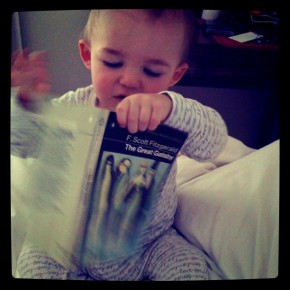 This spark was renewed last year when I read the hauntingly beautifully written William Stegner’s Crossing to Safety. A book I really, really enjoyed.
This spark was renewed last year when I read the hauntingly beautifully written William Stegner’s Crossing to Safety. A book I really, really enjoyed.
To my shame, it wasn’t until 2011 that I read John Cheever’s classic and perfectly formed short story The Swimmer and The Lottery, by Shirley Jackson, which when first published, resulted in hate mail to The New Yorker and cancelled subscriptions (I highly recommend the New Yorker Fiction podcast of this story, it gives me chills.) I should add my thanks to Kylie Ladd for both introducing me to the joy of the podcast and to The Swimmer.
Prior to this I’d plowed my way through much of Tom Wolfe (the whole of it actually), Don DeLillo, Toni Morrison, Dave Eggers (as well as McSweeney’s) and David Foster Wallace – all of whom write in a specifically American way, to my way of reading. But the wider range of the classic American texts and the best exponents of the short story, I have ignored. Largely this is because the emphasis was on reading English literature, and in some circles American literature was considered somehow less. Even at university, the bulk of my first year English texts were British. Except Fahrenheit 451, which I didn’t read – by then I was busy with other entertainments.
This is just such a wrong perception. It was said often when I was young that American fiction was full of sound and fury signifying nothing – a reference which, embarrassingly I always thought was about Macbeth. I had no idea about Faulkner. This belief that American fiction was not worth my reading time, coloured my view of the ‘classic American’ texts. And Gatsby, God’s Little Acre, Hemingway and Mark Twain.
Of course, I read To Kill A Mocking Bird, Catcher in the Rye, Grapes of Wrath (oh how I cried and cried), and even most of Kurt Vonnegut as a rebellion against the requirements to toil through all those Austens and Brontes. Indeed I think Vonnegut was the turning point. I read every single book our library possessed, and those who know how much I hate the library, will understand the commitment required.
Interestingly, now with a soul searching period of literature, post the past decade and a half, of tragedies and disasters, of bombs and hostility; the Americans are out in front in my view for dealing with what David Foster Wallace called “real American type sadness”. While here we wallow, trying to make sense of our own time in Australian fiction, and of our own stories, the Americans are dealing with their own loss and breakdown. The Road, White Noise, Falling Man, Infinite Jest, Back to Blood – the list goes on. All books about the end of times in their own specific way. All by men.
It was clear when I started writing this post, that I would get myself into trouble, it was stunning how quickly this happened. I can’t shake the academic training and I’ve stopped short of presenting any analysis because I haven’t read enough. It is ironic really that I am pronouncing that I want to read more American fiction but can’t write about it as I would like because I haven’t read enough of it. I am now in danger of labouring this point so long you’ve stopped reading!
How to proceed then. Limited reading time, but the desire to know more about a tradition that I had alternatively ignored and loved. To start, I think it might be worth addressing the gender imbalance. I’d love your suggestions. Online reading group this isn’t. That would be doomed to fail for lack of time right now. But I think a list of classics that I could work my through would be great.
I would like to compile a list. Tell me then, which American fiction should I read?
More particularly, which American women writers should I start with?
Comments please.

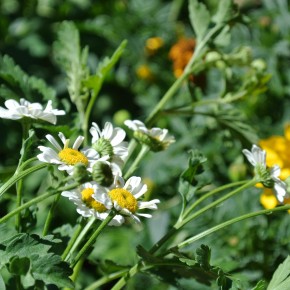
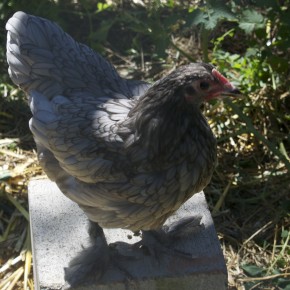
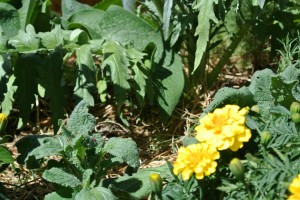
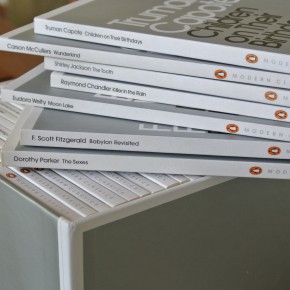
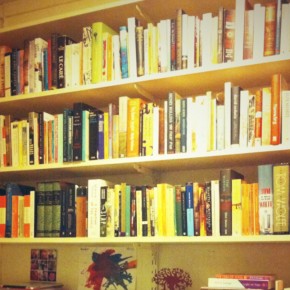

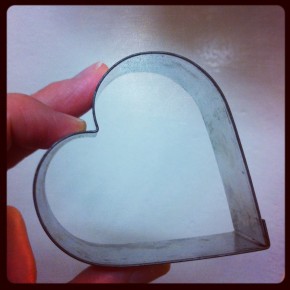
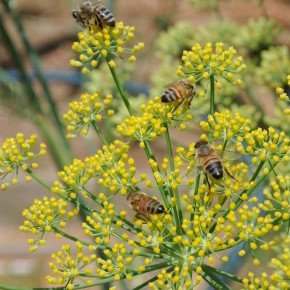
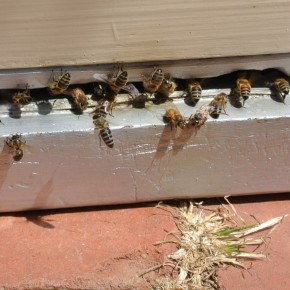
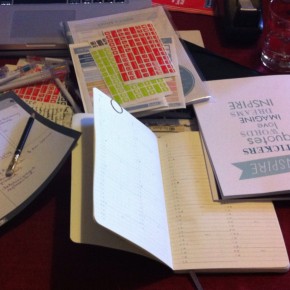
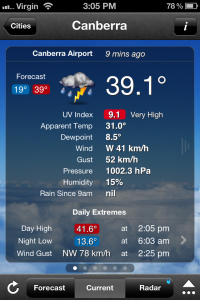
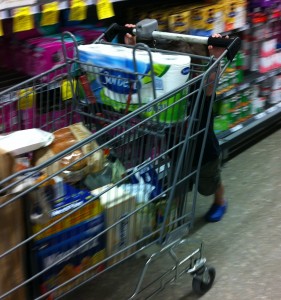

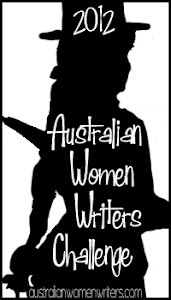
Recent Comments